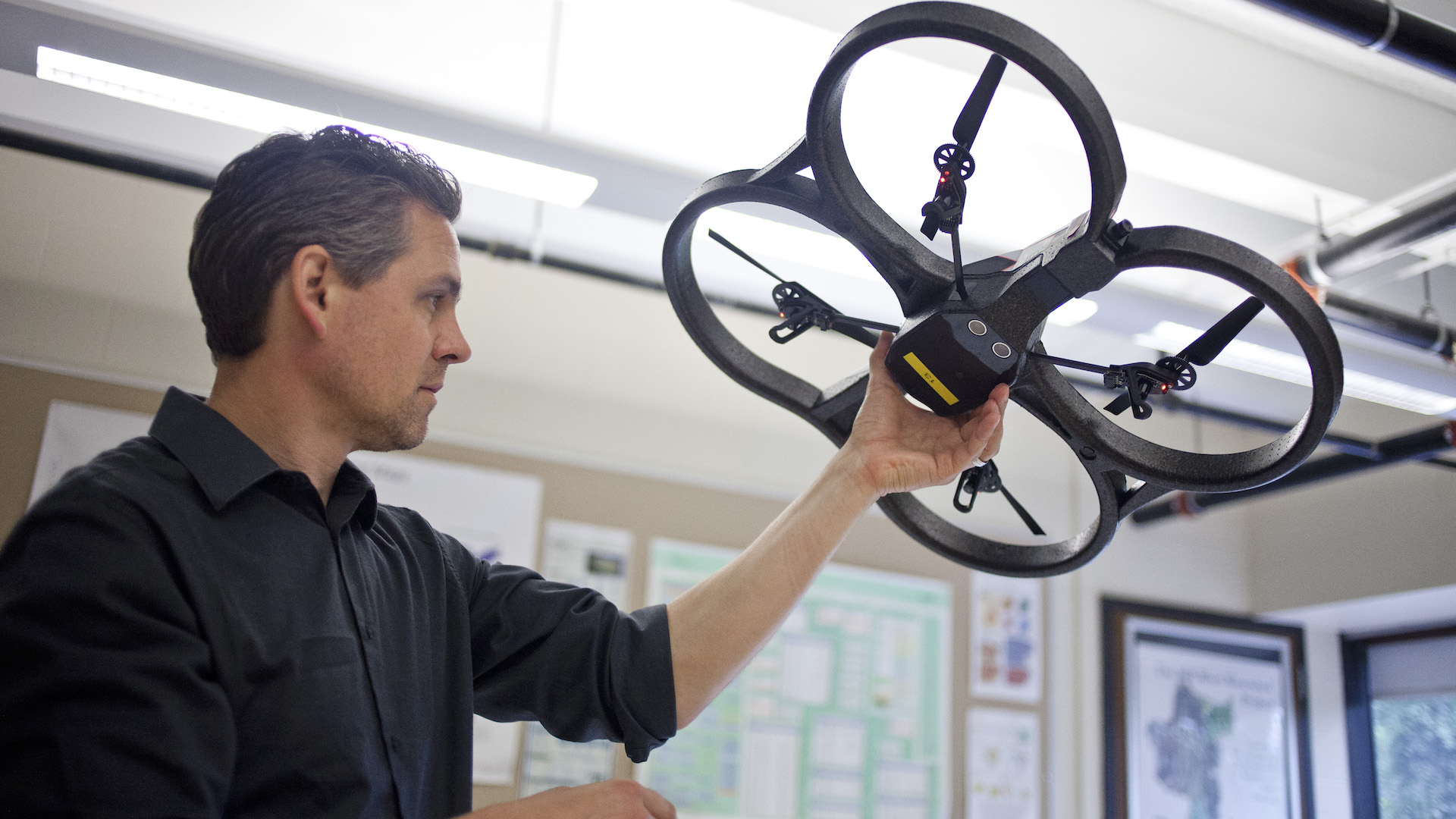

This fall, Montgomery Community College in North Carolina will open the doors of a full-fledged drone academy to its students. Currently called the ‘NC Public Safety Drone Academy’, the academy’s eponymous purpose is squarely rooted in teaching future drone operators in local emergency services the proper safety measures required to use UAVs securely and efficiently. Think of firefighters trained and licensed in piloting drones, like the ones in Spokane we reported on yesterday.
According to DroneLife, Montgomery Community College had already begun providing its students with some important drone basics last year. In the ‘Part 107 Prep’ course of 2016, students learned the fundamentals of flight training in regards to emergencies.
Director of Health and Public Safety at Montgomery Community College, Riley Beaman, explains the motivation to create a conglomerate of local institutions in order to allow this drone program take off. Beaman says that “We decided to legitimize ourselves throughout North Carolina by partnering with the state Division of Aviation, Department of Emergency Services, and several local and state municipalities to create the academy.
Fortunately, there’s a powerful incentive in stock for emergency and public safety workers like firefighters, police officers, EMTs, etc. Namely, the waiving of tuition to MCC’s drone academy. As drone piloting becomes more appealing to both corporate and public sectors, and a valued skill in dozens of job arenas therein, a free program to bolster those skills seems highly appealing.
Reportedly, the lesson plan consists of 95 hours of courses, divided between the legal aspects of operating UAVs and the hands-on, physical skill of maneuvering them properly and safely. ‘Simulation Flight Time’ will teach you how to fly via simulation, while ‘Real-World Flight Time’ will require you to actually fly a UAV and complete challenges. ‘Live Scenario-based Flight Objectives’ will throw real-life situations like rescue operations or fires at you, in order to standardize in the operator the feeling of piloting a drone in tense situations. Lastly, ‘UAV Mobile Command Center’ seems to focus on proper communication between pilot and on-the-ground command.
Apparently, MCC has over forty drones available, ranging from micro drones to quadcopter like the DJI Matrice 100 (which DJI aptly calls “the quadcopter for developers”) which is fitted with a thermal-imaging camera. The Dean of Continuing Education at MCC is very pleased with the school’s decision to focus on drones, as he sees them as less of a trend, and more of a landscape altering innovation we’re only at the beginning of. “There’s something about North Carolina being first in flight and first in unmanned flight,” he told the Asheboro Courier-Tribune. “It’s been said that drones are the most impactful thin in aviation since the jet engine.”
According to DroneLife, these kinds of university-level drone programs are particularly popular in the state of North Carolina, with Lenoir Community College and Edgecombe Community College offering drone-piloting lessons, with the former granting their students associate’s degrees in the field. When it comes to this upswing in drone popularity, in all parts of our public life, it really does look like the only way from here is up.